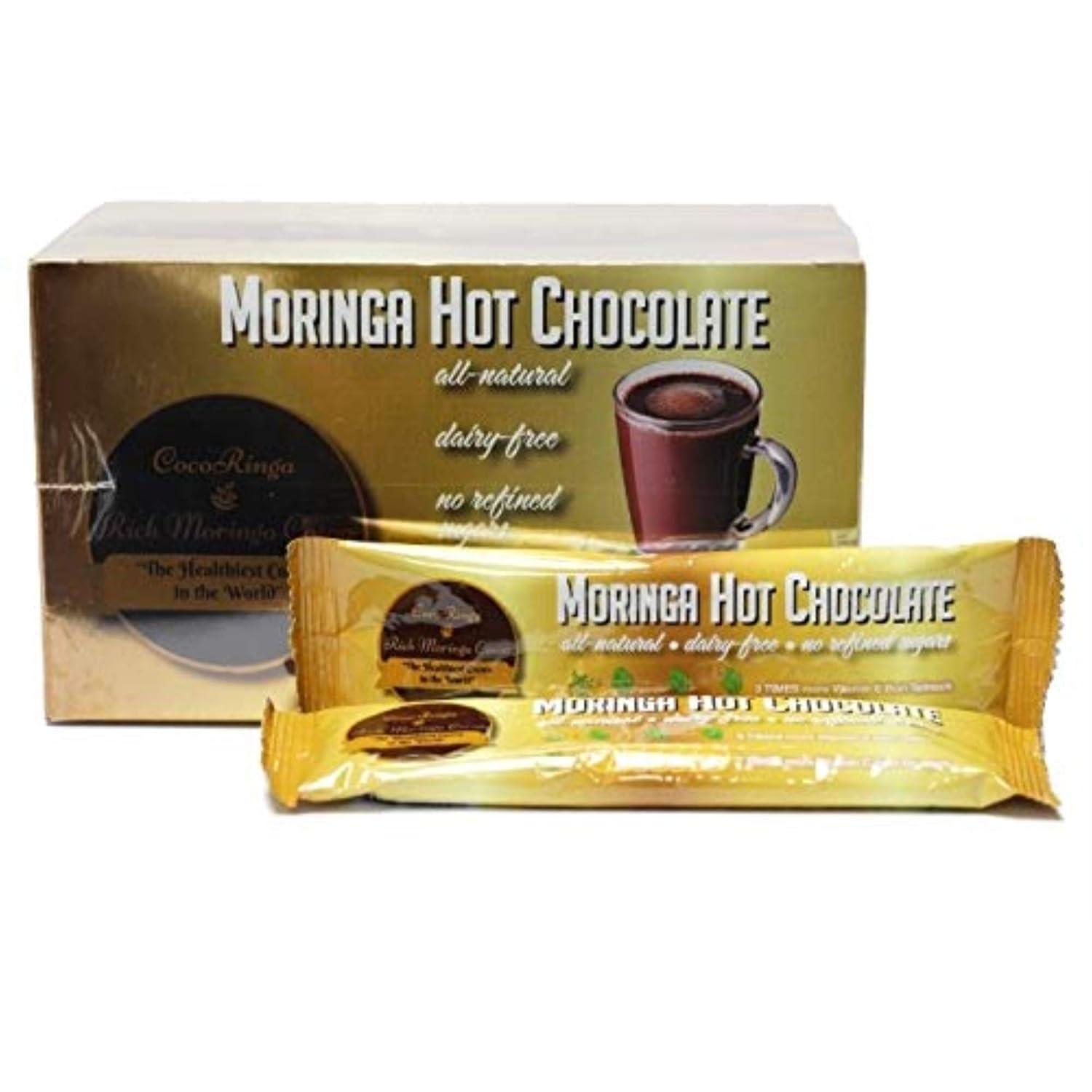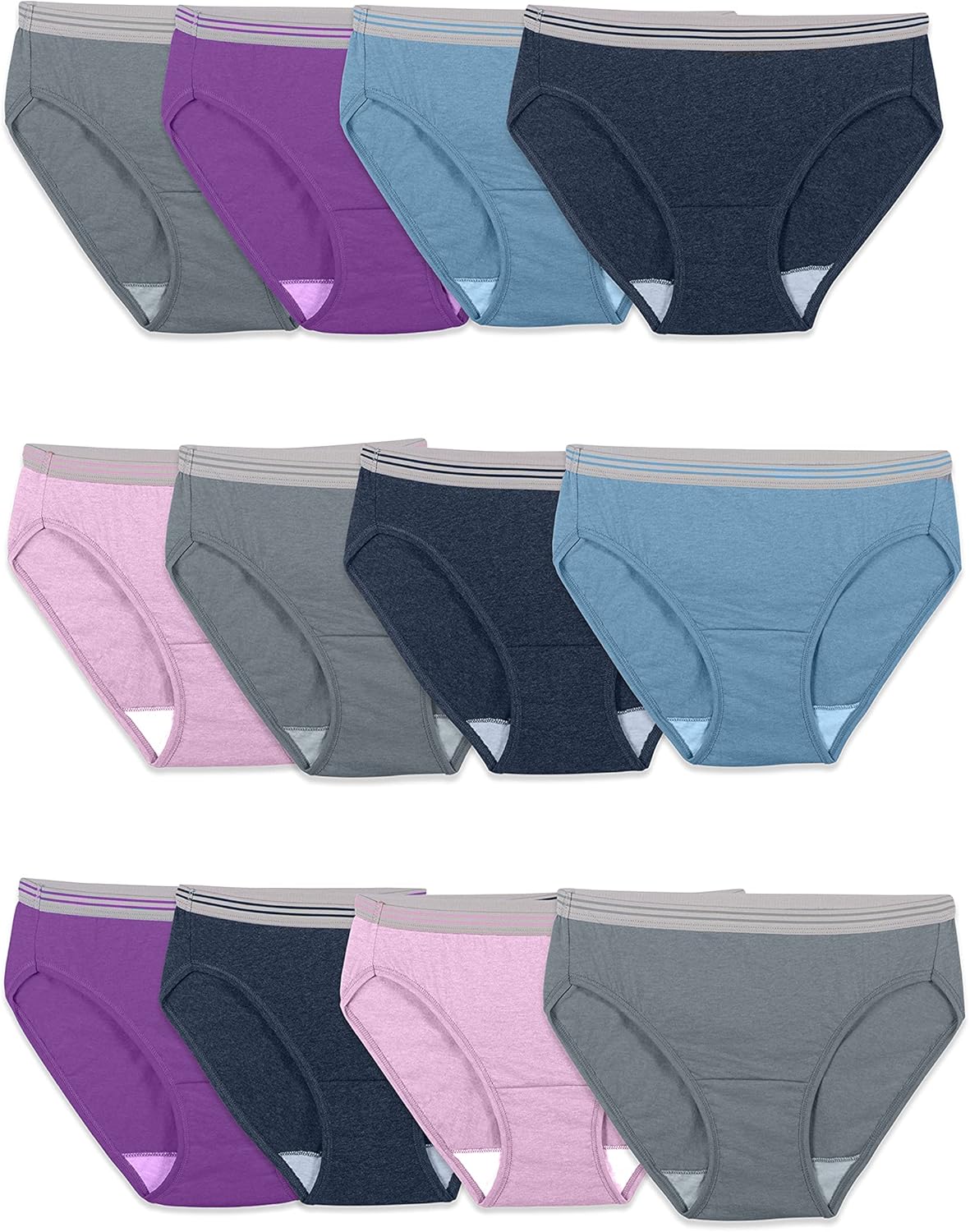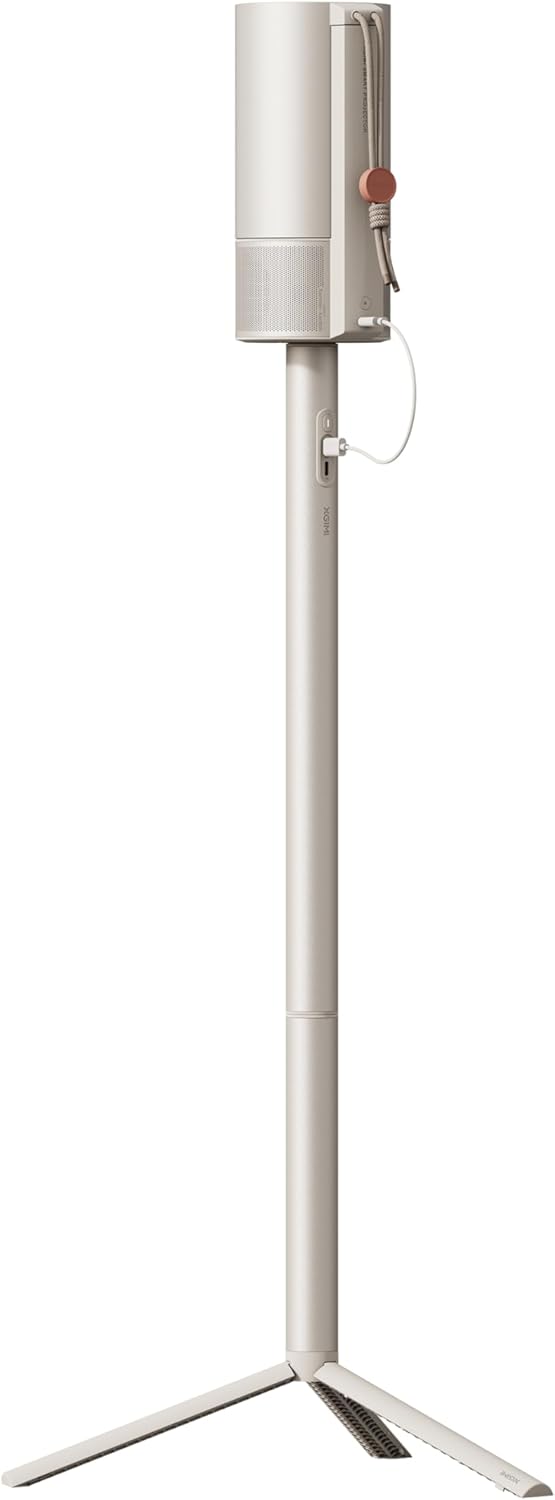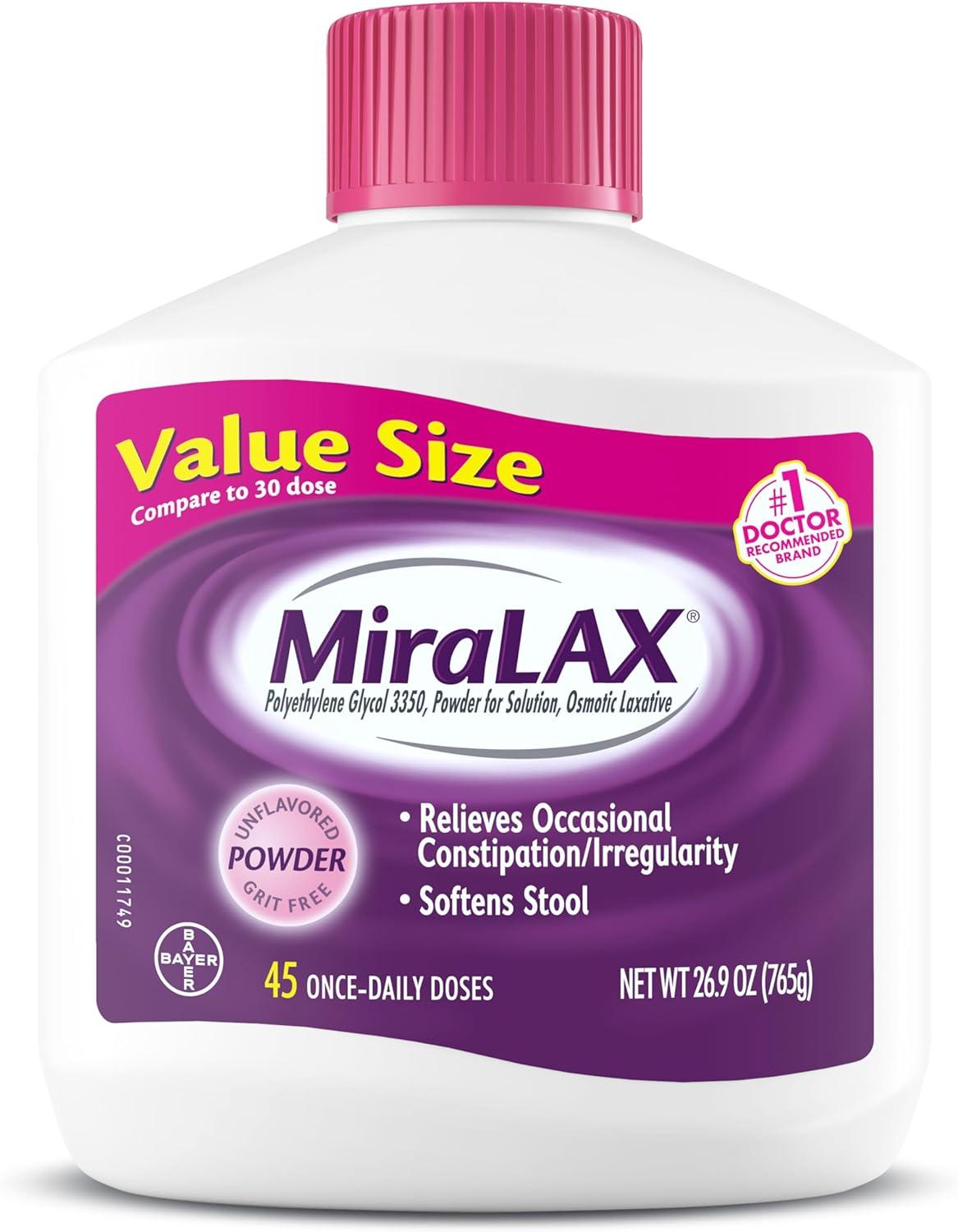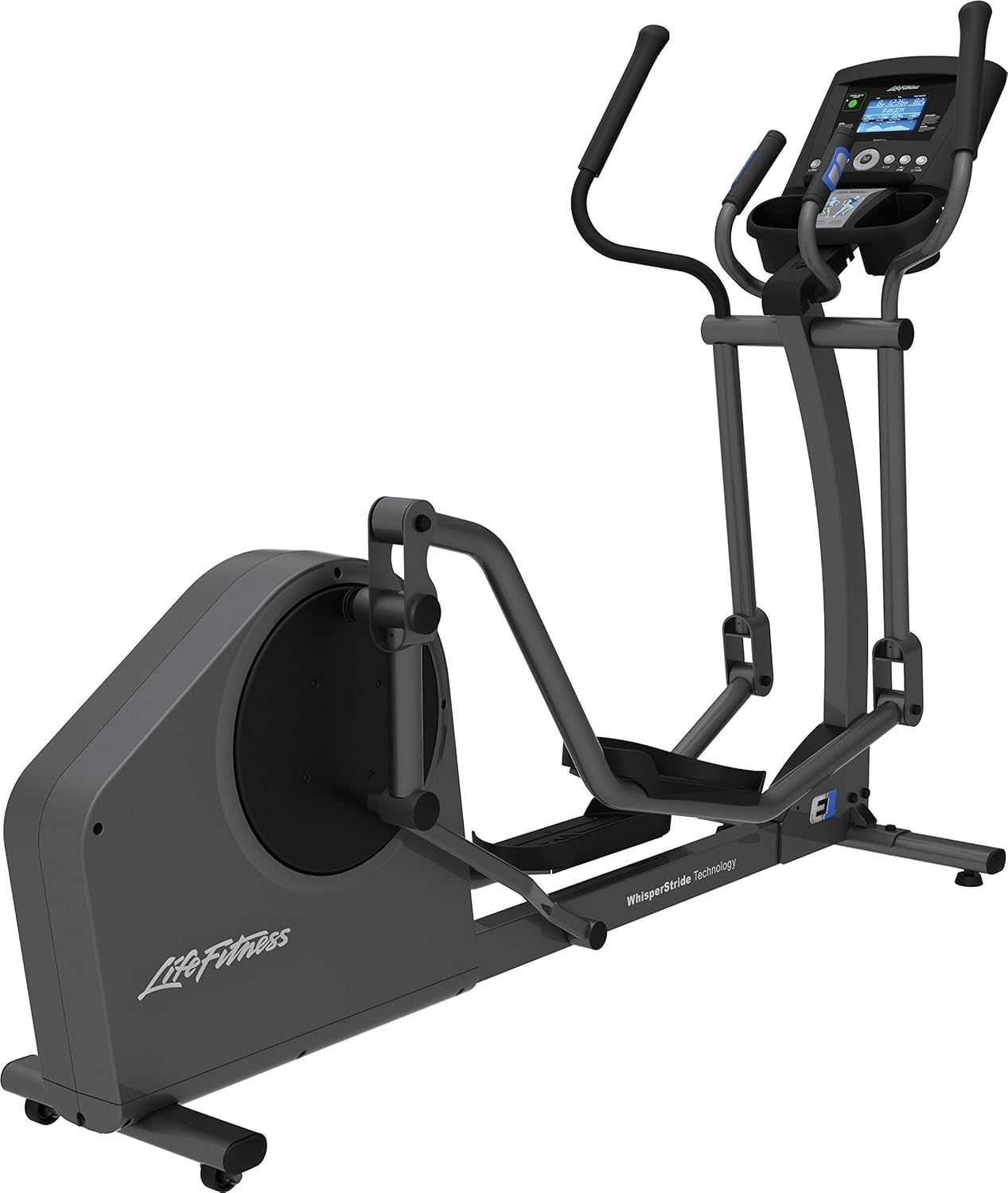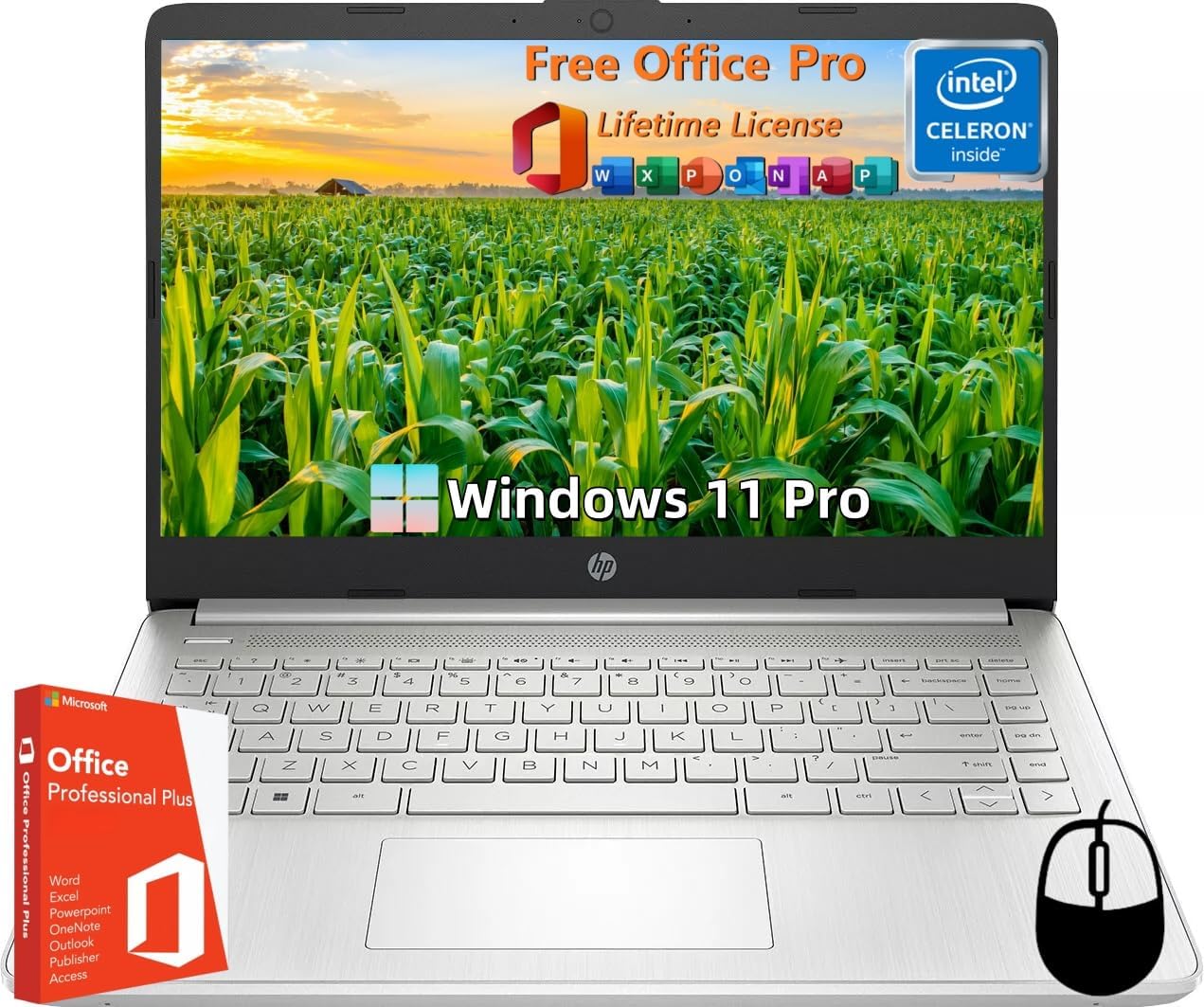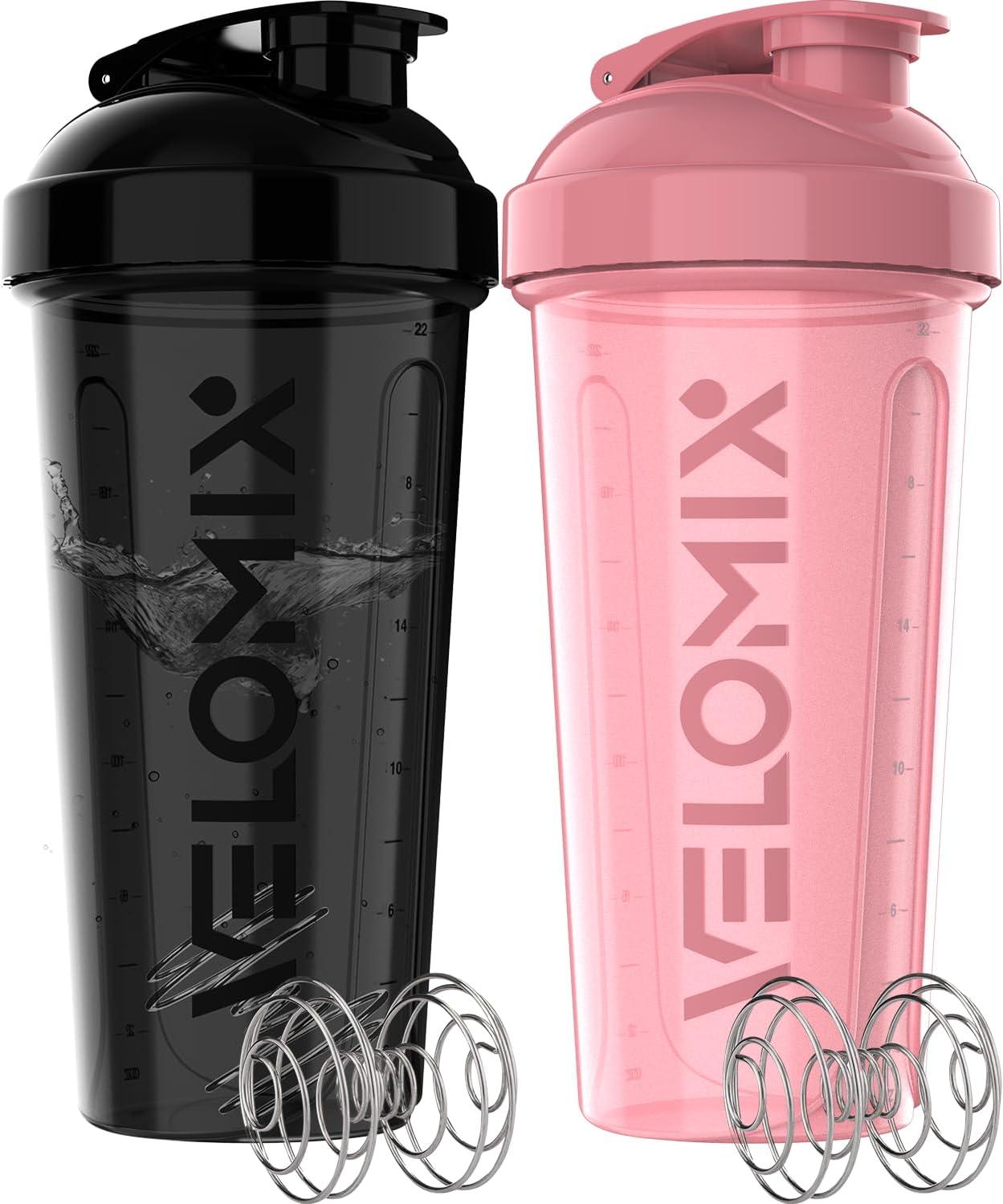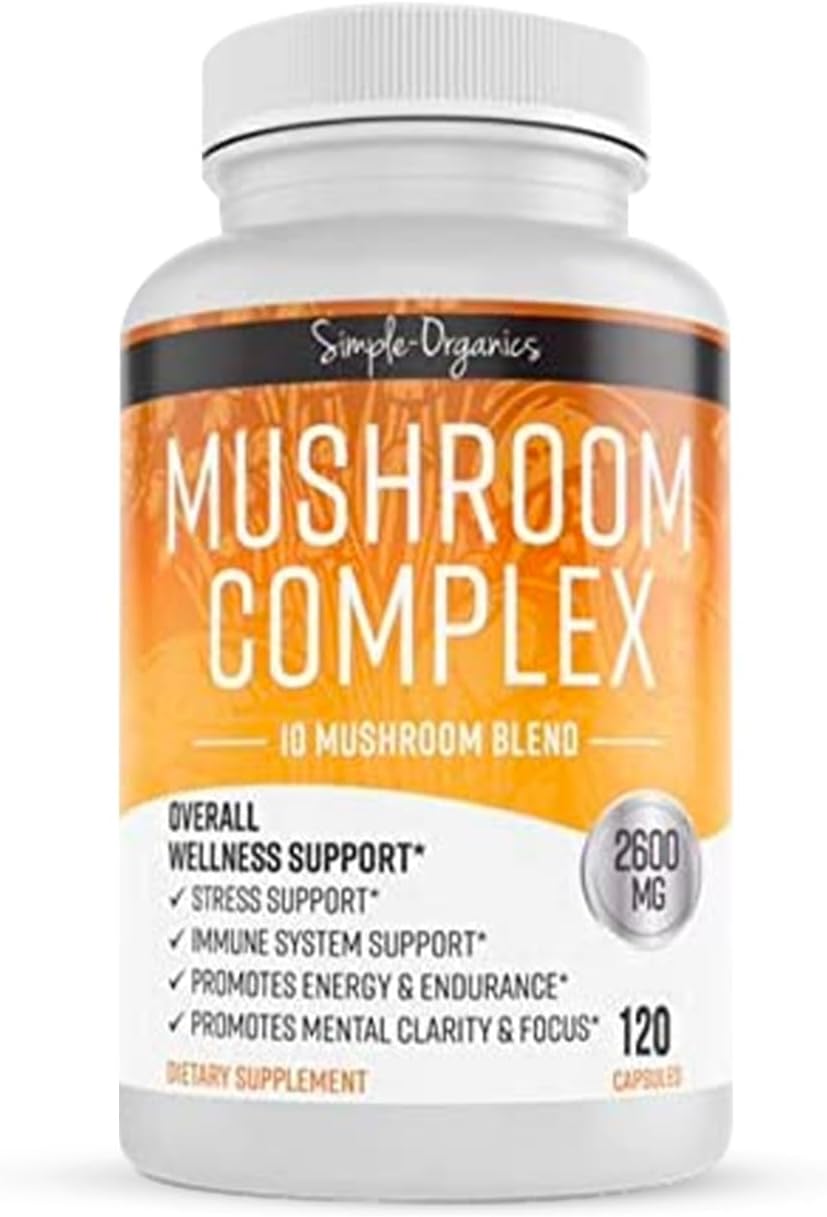





Price: $28.00
(as of Apr 12, 2025 00:12:20 UTC - Details)
The Best Sunscreen for Face: Your Ultimate Guide to Sun Protection
Introduction
When it comes to protecting your skin from harmful UV rays, finding the best sunscreen for your face is crucial. With so many options available, it can be overwhelming to choose the right product that fits your skin type and lifestyle. In this article, we will explore the essential factors to consider when selecting a sunscreen, and we will delve into the best options available on the market today. Whether you're looking for a lightweight formula, a moisturizer with SPF, or a water-resistant option, we've got you covered. Let's dive in and find the perfect sunscreen that will keep your skin safe and glowing!
Understanding SPF: What You Need to Know
What is SPF?
SPF, or Sun Protection Factor, is a measure of how well a sunscreen can protect your skin from UVB rays, the type of radiation that causes sunburn. When selecting a sunscreen, it’s important to understand what SPF rating is best for your needs. Generally, an SPF of 30 is recommended for daily use, providing about 97% protection against UVB rays.
The Importance of Broad-Spectrum Protection
When searching for the best sunscreen for your face, look for products labeled as "broad-spectrum." This means they protect against both UVA and UVB rays. UVA rays penetrate the skin more deeply and can contribute to premature aging and skin cancer. Thus, broad-spectrum protection is essential for comprehensive skin defense.
Different Types of Sunscreens
Chemical vs. Physical Sunscreens
Choosing between chemical and physical (mineral) sunscreens is a common dilemma. Chemical sunscreens absorb UV radiation and convert it into heat, while physical sunscreens contain minerals like zinc oxide or titanium dioxide that sit on top of the skin and reflect UV rays.
- Chemical Sunscreens: Often lighter in texture and easier to apply, they may be more suitable for daily use under makeup.
- Physical Sunscreens: Generally recommended for sensitive skin types, these can provide immediate protection and are less likely to irritate the skin.
The Best Sunscreen for Oily Skin
If you have oily skin, choosing a sunscreen that won’t clog your pores is essential. Look for oil-free, non-comedogenic formulas that provide a matte finish. Lightweight gel-based sunscreens are often a great choice as they absorb quickly without leaving a greasy residue.
The Best Sunscreen for Dry Skin
For those with dry skin, a moisturizing sunscreen is key. Look for products infused with hydrating ingredients like hyaluronic acid or glycerin. Cream-based sunscreens can provide the extra moisture needed to keep your skin supple while offering sun protection.
Specialized Sunscreens for Different Needs
Best Sunscreen for Sensitive Skin
Sensitive skin requires extra care when it comes to sun protection. Opt for physical sunscreens with fewer chemical ingredients to minimize irritation. Fragrance-free and hypoallergenic options are also worth considering for added safety.
Best Sunscreen for Acne-Prone Skin
If you’re prone to breakouts, it’s crucial to choose a sunscreen that won’t contribute to acne. Look for lightweight, oil-free formulations specifically designed for acne-prone skin. Ingredients like niacinamide can help manage oil production and soothe inflammation.
Best Sunscreen with Anti-Aging Benefits
To combat signs of aging while protecting your skin, look for sunscreens that contain antioxidants like vitamin C or E. These ingredients can help neutralize free radicals and promote a youthful appearance. A sunscreen with added anti-aging properties can provide double the protection.
Application Tips for Maximum Effectiveness
How to Apply Sunscreen Correctly
To ensure you’re getting the full benefit of your sunscreen, apply it generously. Use about a nickel-sized amount for your face and make sure to cover all exposed areas. Don’t forget places like your ears, neck, and the back of your hands.
Reapplication is Key
Sunscreen isn’t a one-and-done product. For optimal protection, reapply every two hours, or more frequently if you’re sweating or swimming. Consider using a spray or powder sunscreen for easy reapplication throughout the day.
Incorporate Sunscreen into Your Daily Routine
To make sunscreen a staple in your skincare routine, consider using a moisturizer that contains SPF or a foundation with sun protection. This way, you can ensure you’re protected, even on days when you don’t feel like applying a separate sunscreen.
Conclusion
Choosing the best sunscreen for your face is essential for maintaining healthy skin and preventing sun damage. By understanding the different types of sunscreens available and selecting one that fits your skin type and needs, you can enjoy the sun safely. Remember to look for broad-spectrum protection, consider your skin concerns, and apply sunscreen correctly for maximum effectiveness. With the right sunscreen, you can protect your skin and keep it looking youthful and radiant!
Incorporating these tips will help you select the best sunscreen for your face, ensuring protection and care for your skin in all conditions. Remember, sun safety is crucial, so make sunscreen a part of your daily routine!
BROAD SPECTRUM SPF 50 SPRAY: Water resistant up to 80 minutes
SKIN NOURISHING INGREDIENTS: Absorb fast with no greasy feel
ANTIOXIDANT-RICH PLANT PROTECTION: Helps fight free radicals, hydrates, & nourish the skin barrier
FRAGRANCE FREE
ENVIRONMENT FRIENDLY: Hawaii Reef Compliant Act 104, Vegan, Gluten Free, Paraben Free

